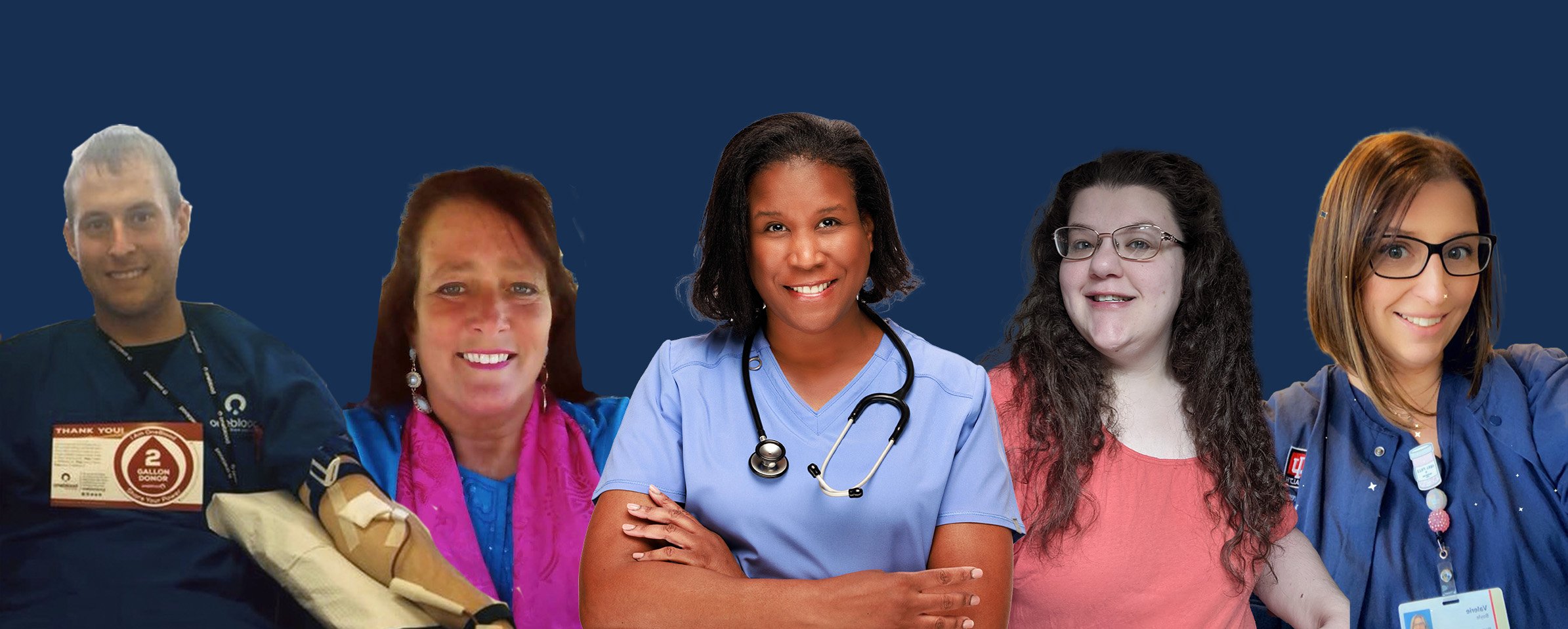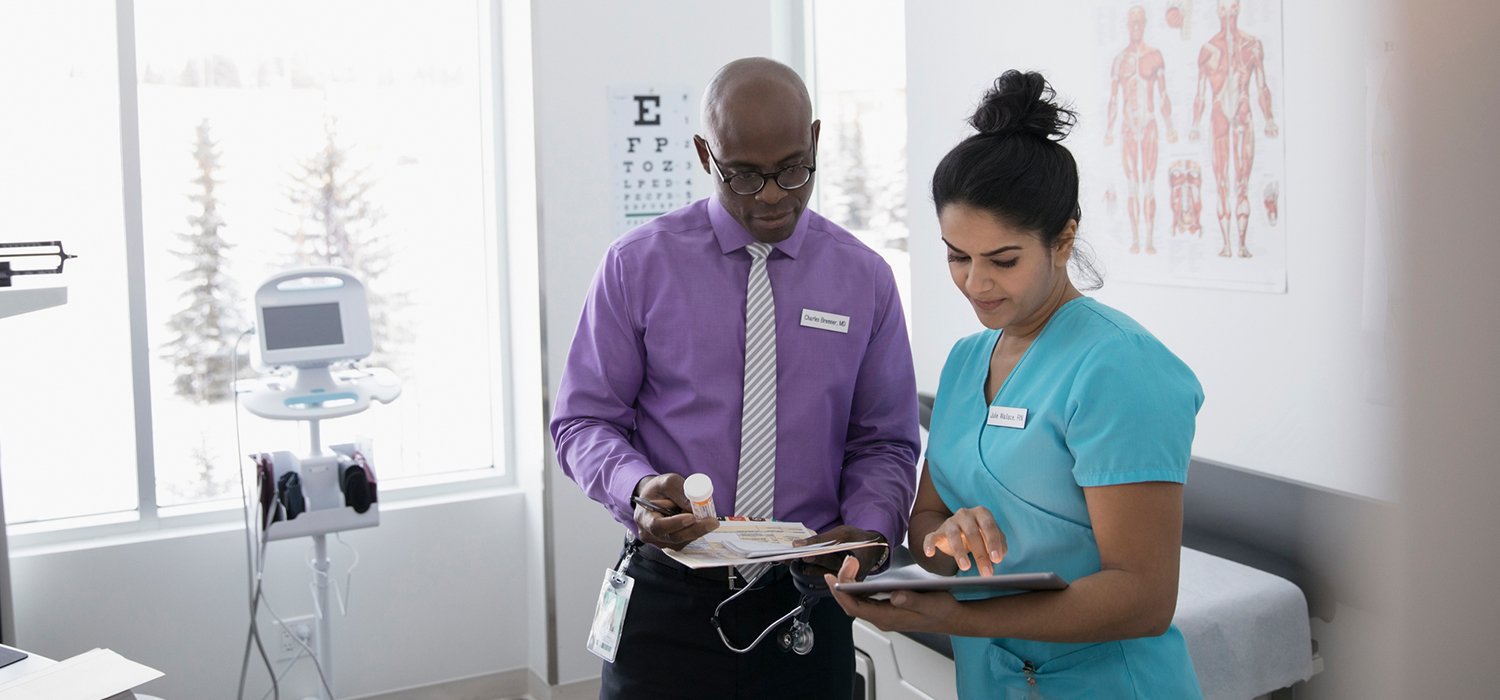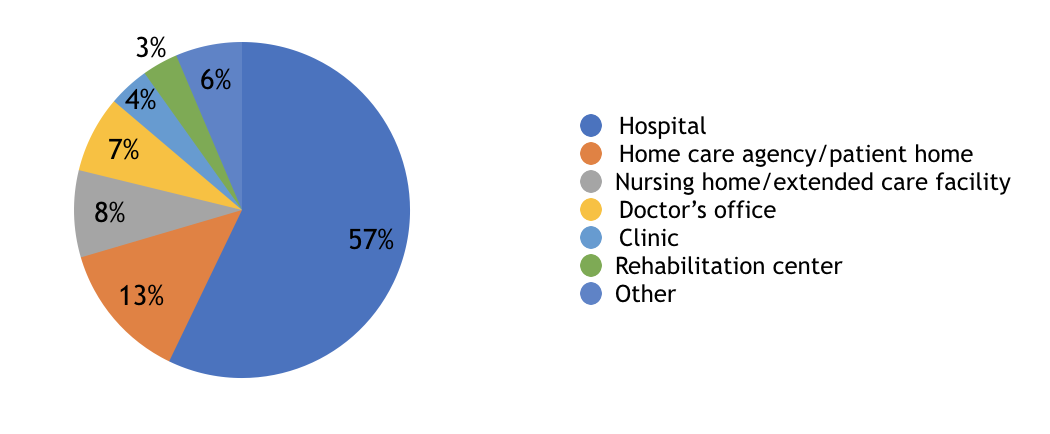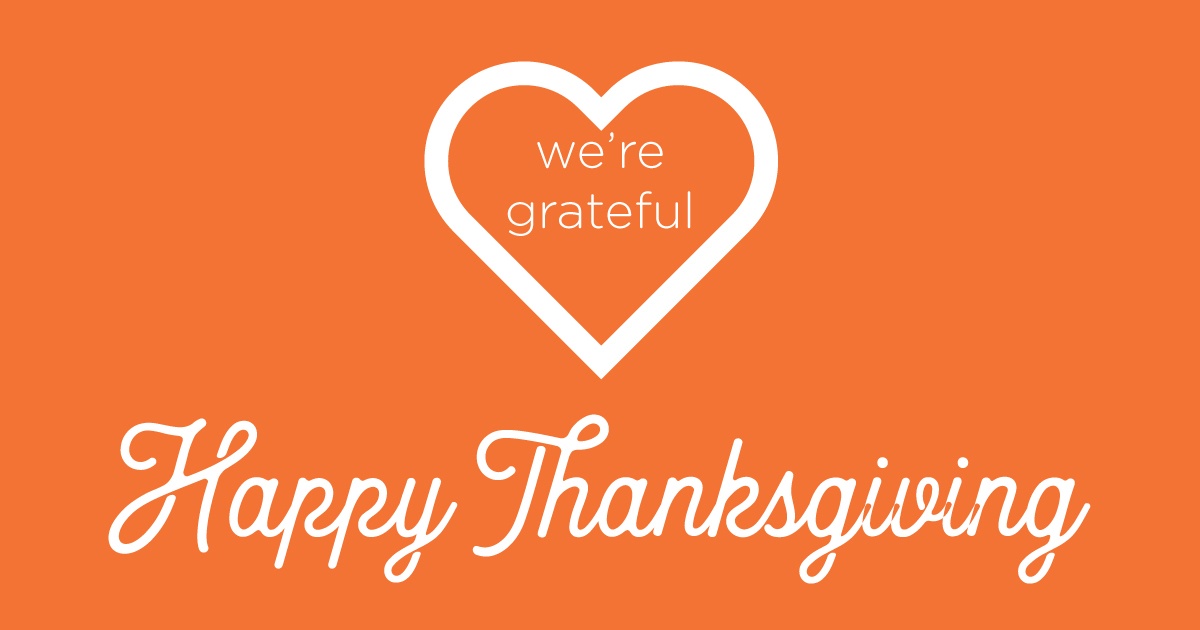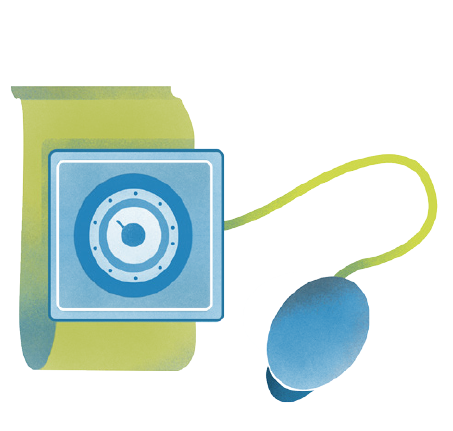You worked hard, earned your certification, and started your new career in healthcare. Congrats! Your dedication speaks volumes about your character.
But there's still room for growth. And if you want to level up your career, the best person to consult is yourself.
Taking time to reflect on your work performance – especially regarding "professional skills" like time management, communication, and critical thinking – can help you identify areas for improvement and give you a solid foundation for achieving your professional goals.
So, where do you start?



